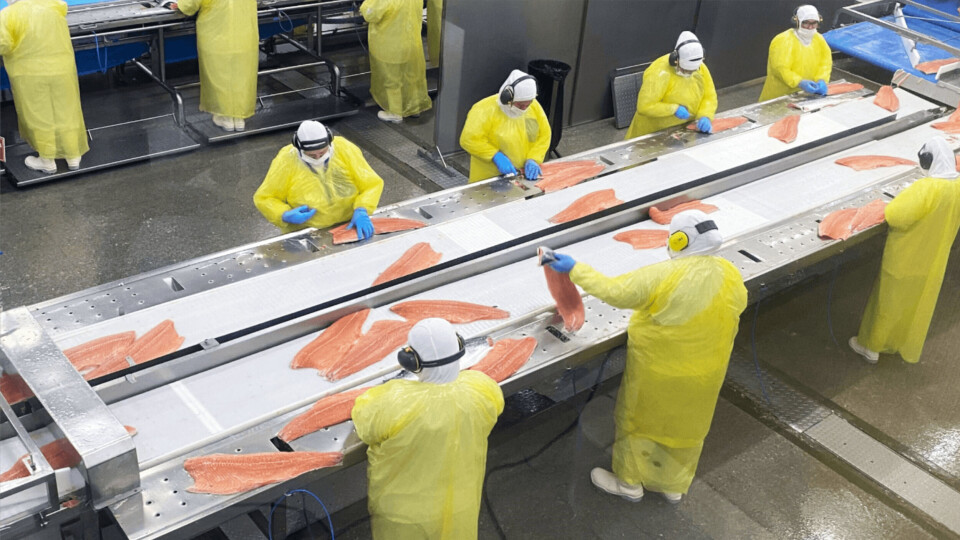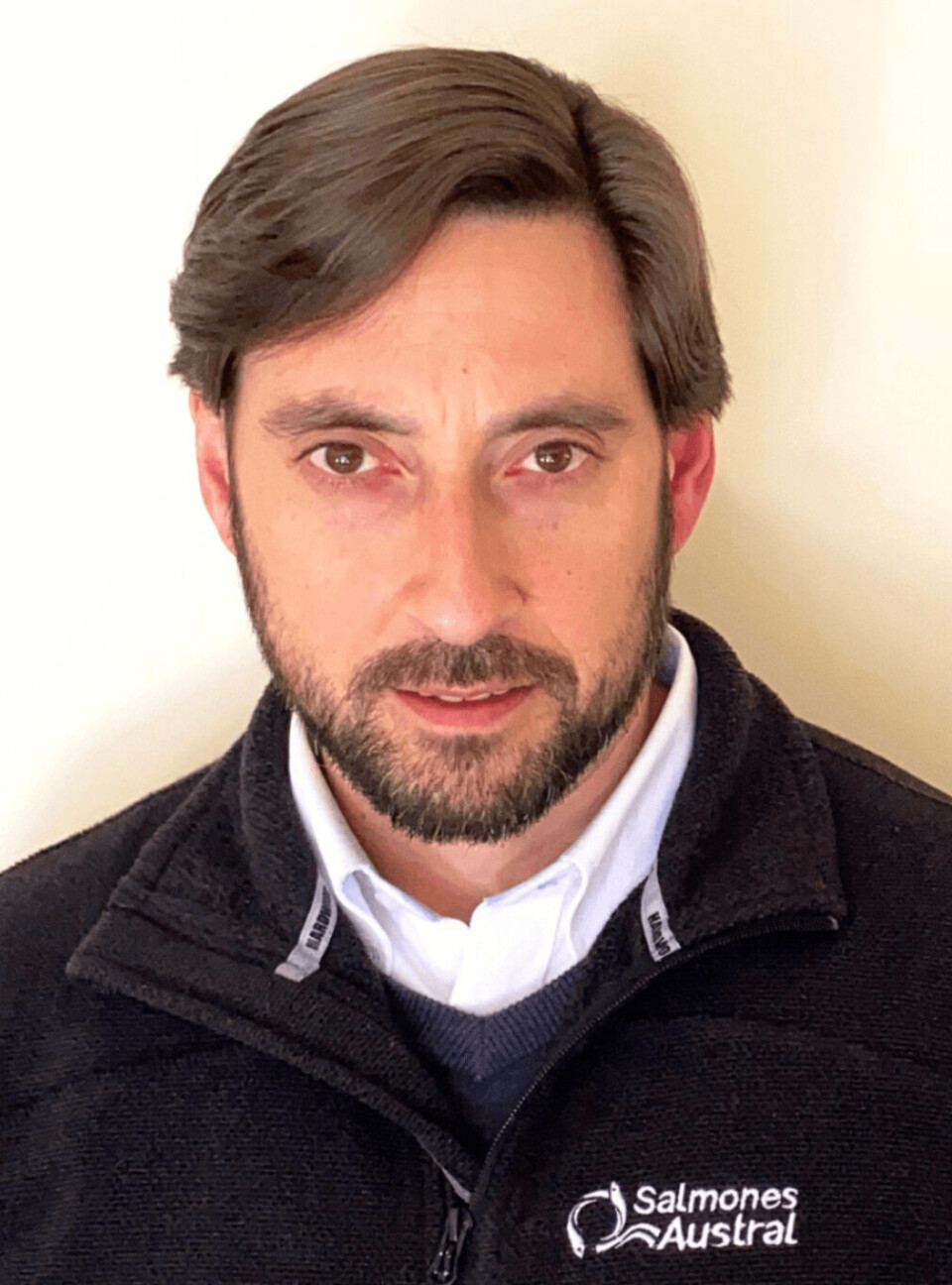
Chile: Covid shutdown 'could make things worse’
A shutdown of salmon processing plants because of increasing numbers of Covid-19 cases in the island province of Chiloé in Chile could actually make the situation worse, a salmon farmer has warned.
Yesterday 53 new Covid-19 cases were confirmed in Chiloé, according to a report by the Los Lagos regional health ministry, a drop compared to the 117 cases announced on Monday. However, the situation is of great concern to residents, mainly in the salmon processing centre of Quellón, where MPs have requested that the salmon farming plants temporarily suspend operations to reduce infections.
Salmones Austral pointed out that if plants in Chiloé are shut down, its workers would have more time to socialise and potentially pick up the virus, and the Covid tests it carries out, which identify positives early, would stop.

Internal testing
Milton Castaing, the company’s deputy manager of human resources, told Fish Farming Expert’s Chilean sister site, Salmonexpert.cl, that the farmer’s plants operate in the Los Lagos region “under all prevention protocols for Covid-19, which means fewer people on the lines, buses and common spaces, in order to comply with social distancing”.
Castaing said Salmones Austral had established internal laboratories at plants in Quellón and Puerto Montt, on the mainland, to sample and analyse saliva from all staff and contractors.
“In addition, we’re continuing with communication and control campaigns on the correct use of all personal protection equipment (PPE) and prevention measures, emphasising that people maintain all these protocols in their family and personal spaces, since it has been proven that contagions are happening in people’s personal and family lives, and not in company plants or facilities,” said Castaing.
Clandestine parties
“The increase in cases occurred just after Christmas shopping, family dinners, New Year’s roasts and the already renowned clandestine mass parties that took place in the Quellón commune.”
He added that the situation was under control in the company’s plants and facilities but added: “What cannot be controlled is what people do in their free time, on weekends and in their personal spaces.”
Asked for his opinion on calls for salmon plants to be temporarily closed, he said: “I answer you with the comments that our own people make us, that when we talk about how they are at home and at work they respond that they feel much safer at work due to all the measures that have been taken.
An ally to health ministry
“If they paralyse the plants, this has two immediate effects that are counterproductive: firstly, more free time for people, which can lead to more infections through family contacts, with neighbours or friends. Because in general the human being begins to feel confident and to think that ‘nothing happens to me’.
“In addition, all the preventive proactive control tests that we carry out on the plants and that have managed, until now, to identify possible positives early and thus prevent further infections are stopped. In this sense, salmon farming companies are a great ally of the Ministry of Health, generating thousands of Covid-19 tests in the communes where we operate. Each test of our worker means a tested home and a family, neighbours and community, in general, more protected.”
Don’t blame us
On the question of whether salmon farming was, as some people have said, responsible the increase in Covid-19 cases, Castaing said: “In the plants and places where we have operations, it is mandatory to wear masks at all times and in all places, to maintain distance, and in general to fully comply with all prevention protocols. We are also constantly monitoring.
“Different is the case of clandestine parties, football matches, barbecues and family events, in which people ‘forget’ to maintain protocols, distances are not respected, and the tendency is to forget that we are in a pandemic.
“I believe that each person is responsible for complying with the protocols and if they are not followed and infections occur, a third party cannot be blamed, less an institution that has always had health and safety barrier policies due to the nature of its operations.”























































